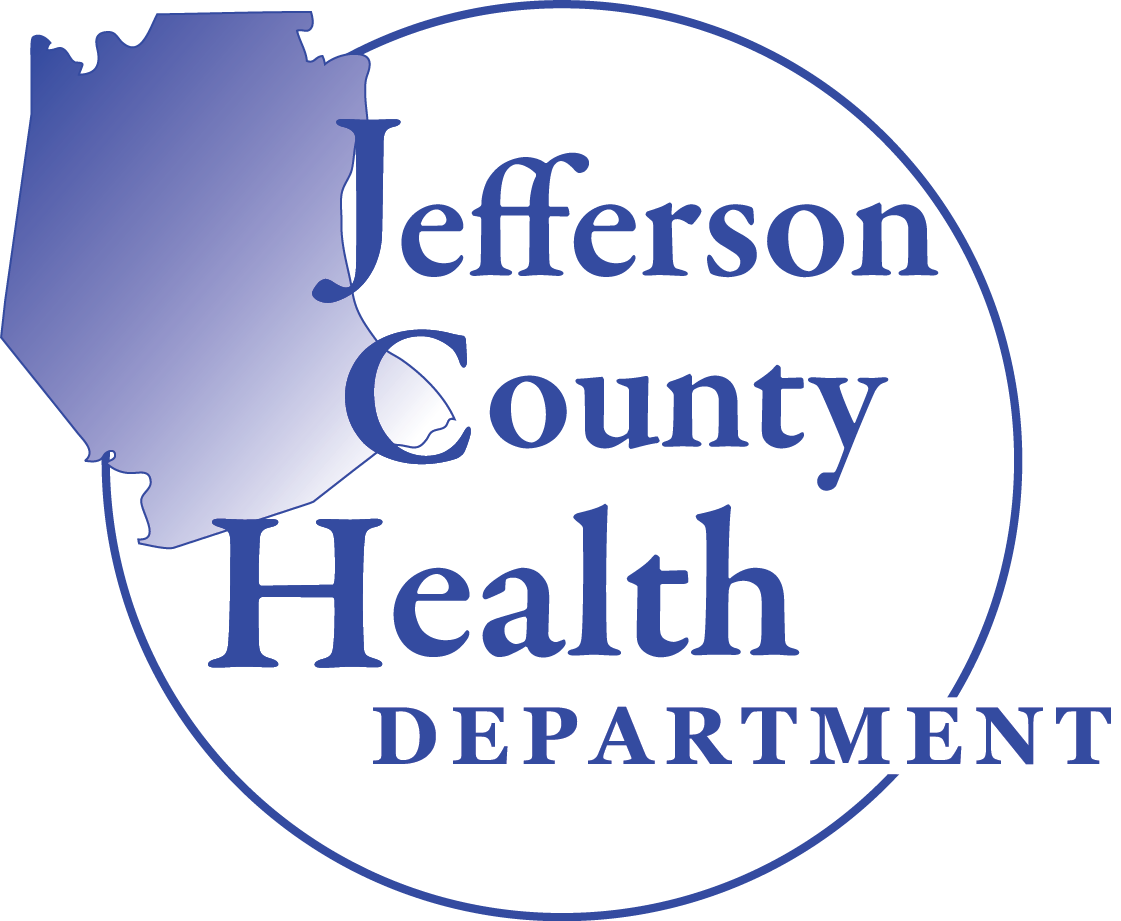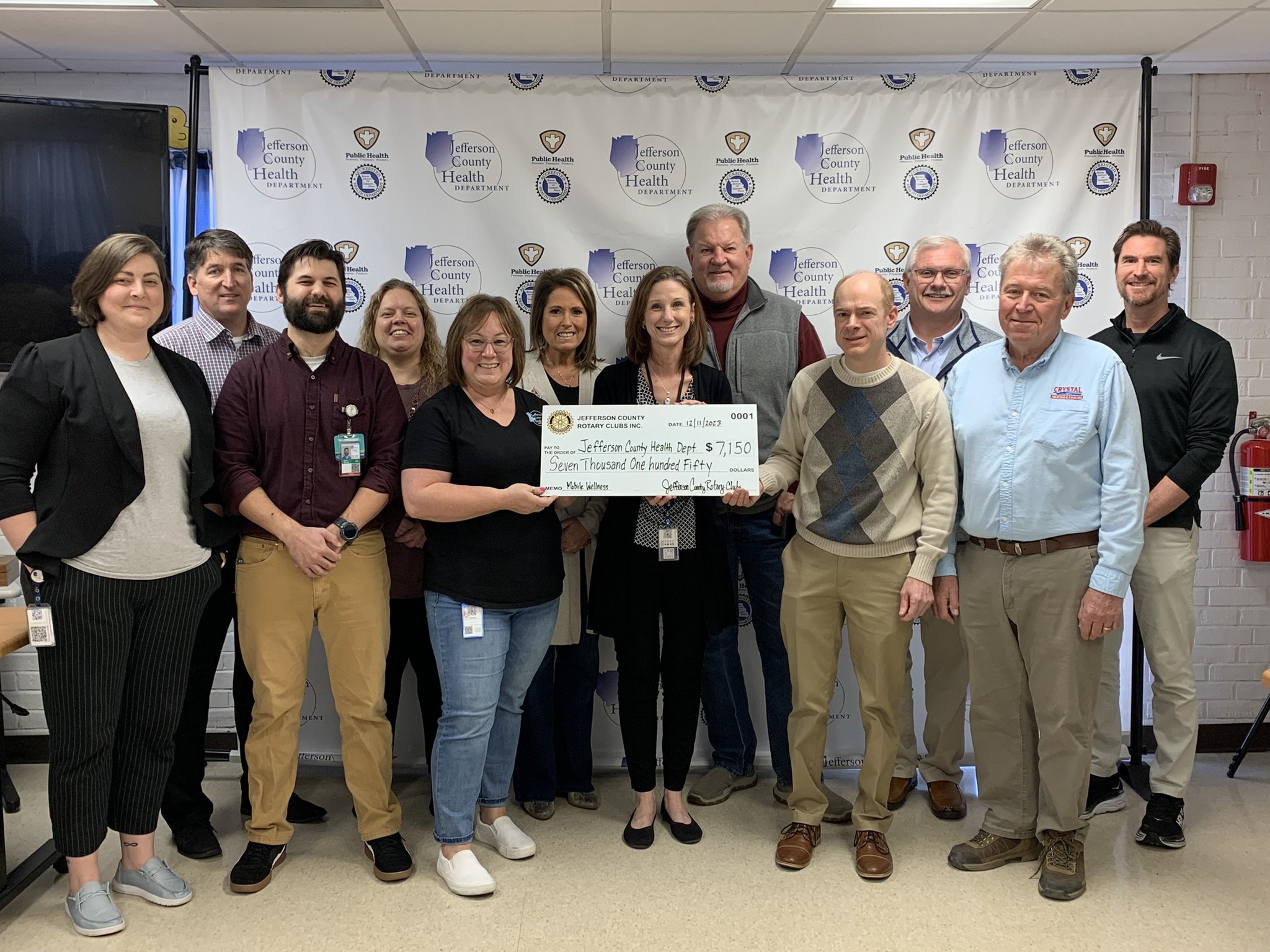When people think of head injuries or concussions in sports, they mainly think of sports like Football, but head injuries can happen in just about every sport. Studies have shown that female soccer and basketball players in high school and men’s wrestling and ice hockey, as well as women’s ice hockey at the college level, have higher rates of head injuries than football players. Many state and national sports organizations have tried to bring more awareness to the issue and have changed the rules, but it is important to stay vigilant no matter what sport your child plays.
Most minor hits to the head can resolve on their own but it is important to know what to look for, especially in young children. A study done in 2016 found that about one third of patients ages 5-18 who had concussions experienced lasting psychological and behavior problems. This is something called persistent post-concussion symptoms (PPCS). It is important that parents, coaches, and athletes know the risks and how to take precautions when an injury happens, or it can have lasting effects.
Any action that causes your head to move quickly in any direction can cause a concussion. A blackout or loss of consciousness only occurs in about 10 percent of concussions, so it is not always possible to assess based on this. Concussions and injuries can happen quickly so be on the lookout for:
Sudden stops, such as a collision with another player or tripping that has them landing on the ground suddenly.
Head-to-head collision
Head-to-elbow, stick, ball, etc.
Hits that may cause whiplash.
It’s important to watch how the player’s head moves during that contact. Concussions have a wide range of symptoms, so it’s important to look out for severe symptoms like:
Nausea or Vomiting
Dilated pupils
Disorientation
Trouble balancing
Ringing in the ears
Sometimes concussion symptoms are milder like:
Headache
Dizziness
Sensitivity to light or noise
Numbness
Fatigue
Feeling anxious, depressed, or groggy
Overall feeling that something isn’t right.
Most of the time, only a medical professional or someone trained in concussion protocol can determine whether a player has sustained a concussion or other minor brain injury. Depending on the symptoms and severity of the hit, it is important to seek assessment and care. Some schools and clubs have athletic trainers as part of the staff, and players can be assessed on the spot. Others require coaches and officials to be trained to spot symptoms in players. They may recommend a trip to the ER for further assessment if the injury is severe enough.
Most people recover quickly from concussions, but sometimes the symptoms can last days, weeks, or months. It is important to seek treatment from medical professionals as these injuries can impact a person's life if not treated properly. The best approach is, when in doubt, to check it out. Talk to your child’s coach to see if they have concussion protocols for their team or if they have been trained in concussion protocol.
For more information on head injuries in sports and concussions, please visit:
Megan Winkelmann has been a Community Health Educator with the Jefferson County Health Department for five years. She attended Truman State University earning a bachelor’s degree in Health Science with a minor in Biology. While working for JCHD she attended A.T. Still University to earn her master’s degree in Public Health. Megan was born and raised in Jefferson County and enjoys creating programs that encourage healthy habits in the place she was raised. Megan likes to spend her free in time in the presence of family and friends.






